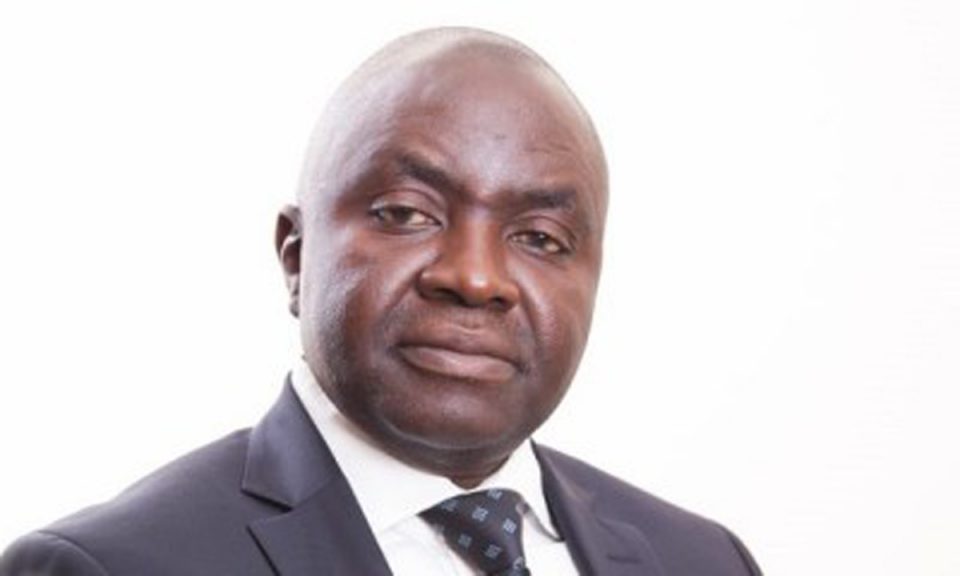By Charles Okonji
Going by the current economic realities, the Centre for the Promotion of Private Enterprise (CPPE) in its analysis of the second quarter, Q2, economic performance expressed that the textile, livestock, crude petroleum and gas sectors are yet to exit recession.
According to Dr Muda Yusuf, Director/CEO, CPPE, these sectors contracted in the first two quarters of 2023, adding that they are the sectors that have been stumbling as a result of macroeconomic, structural or policy issues.
“Oil refining contracted by 35.6 percent; Livestock, 2.3 percent; Crude Petroleum and Gas, 13.4 percent; Textile, 4.4 percent. Growth in these sectors continued to be subdued by heightened inflationary pressures, exchange rate volatility, spiking energy cost, insecurity and the political economy of the oil and gas sector.” Dr. Yusuf stated.
He noted that ICT, air transport, crop production, wood and wood products, paper and publishing as well as water transport recorded positive but lower growth than in the previous quarter.
He outlined the growth of the following sectors as; “These sectors include ICT, 9.7 percent; Air Transport, 4.3 percent; Crop Production, 1.8 percent; Wood and Wood products, 2.4 percent; Paper and Publishing, 1.4 percent; Water Transport, 5.4 percent.”
Commenting on the Gross Domestic Product [GDP] growth, the economic analyst noted that in real terms, the GDP improved marginally by 20 bases points from 2.31 percent in the first quarter of 2023 to 2.51 percent in the second quarter.
“However, it slowed when compared to second quarter of 2022 which was 3.54 percent. The economy slowed amid shocks from current economic reforms which impacted energy prices and the naira exchange rate. The adverse impacts of the reforms were disproportionately higher than expected.
“A rebound of the economy is expected in the medium to long term as current distortions in the economy are corrected. Meanwhile, there is an immediate positive outcome which is the marked improvement in the fiscal space of governments at all levels.
“Meanwhile, the dominance of the non-oil sector was underscored by the report. The sector contributed 94.7 percent to GDP while the oil sector contributed 5.3 percent. The service sector continued to maintain its dominant role in the economy with a contribution of 58.4 percent of GDP. The structure of the economy continued to reflect its vulnerabilities, especially the challenges of productivity and competitiveness of the real economy.
“The Q2 GDP growth fell short of the sub-Sahara projected average of 3.1 percent for 2023; but better than projections for the Euro Zone of 1 percent and the United States of 1.8 percent.”
The CPPE Boss pointed out that the Nigerian economy is still going through corrective reforms to remove some fundamental distortions to restore the economy back to the path of recovery and growth, adding that implementing the reforms is an arduous task. “The tradeoffs are profound and the social impact has been devastating given the inevitability of the reforms. The implementation calls for a delicate balancing act, and strategic sequencing to ensure an inclusive economic transition.
“Dealing with the issues of insecurity, spending priorities, corruption, productivity and competitiveness, regulatory environment and macroeconomic stability are paramount to rebuilding the momentum of economic growth and development,” he stressed.



